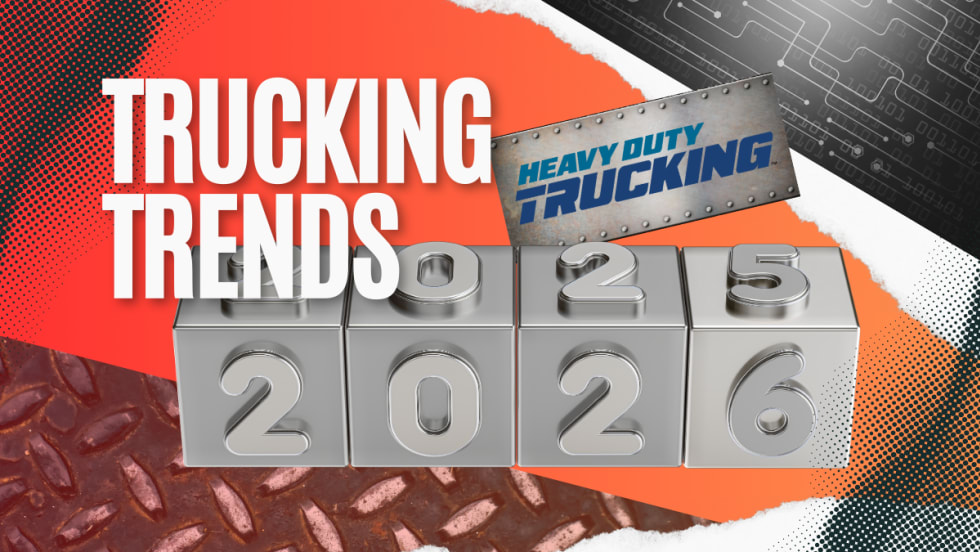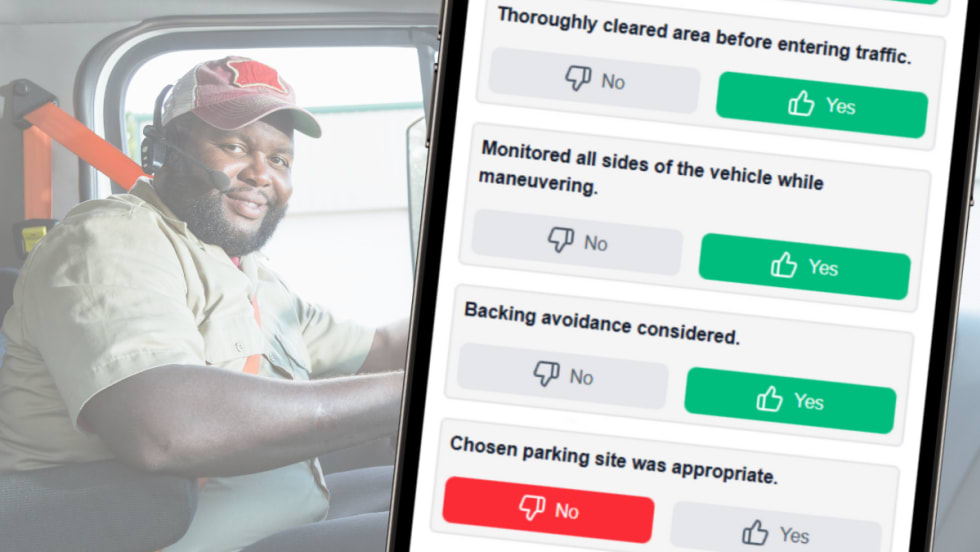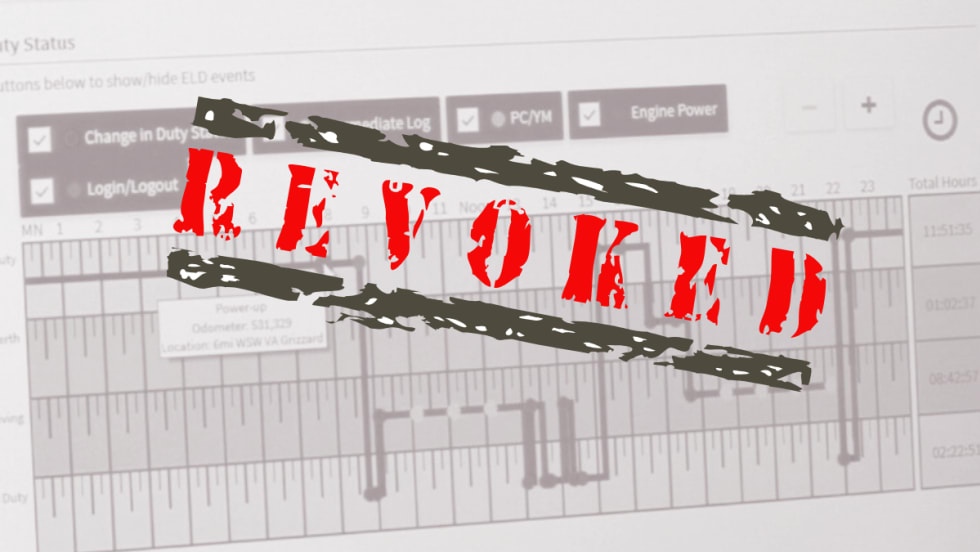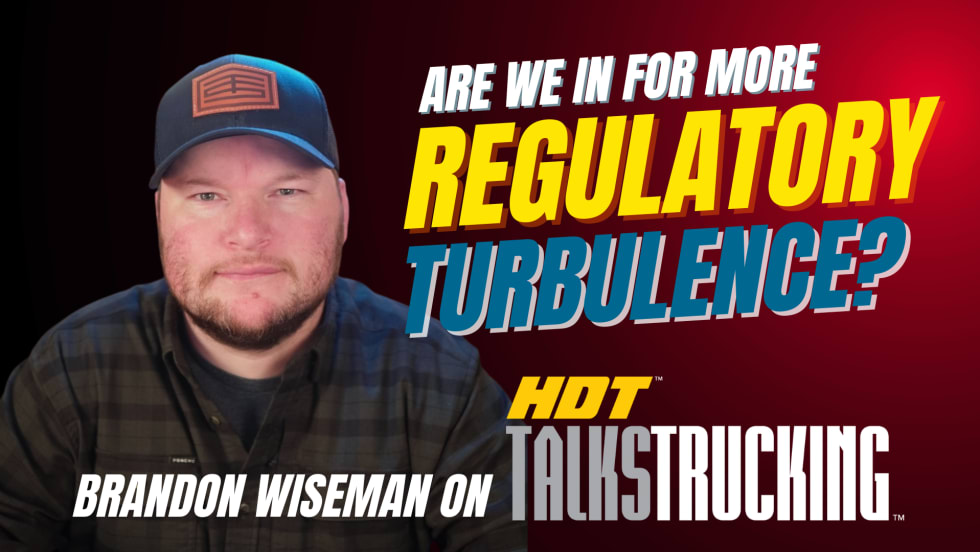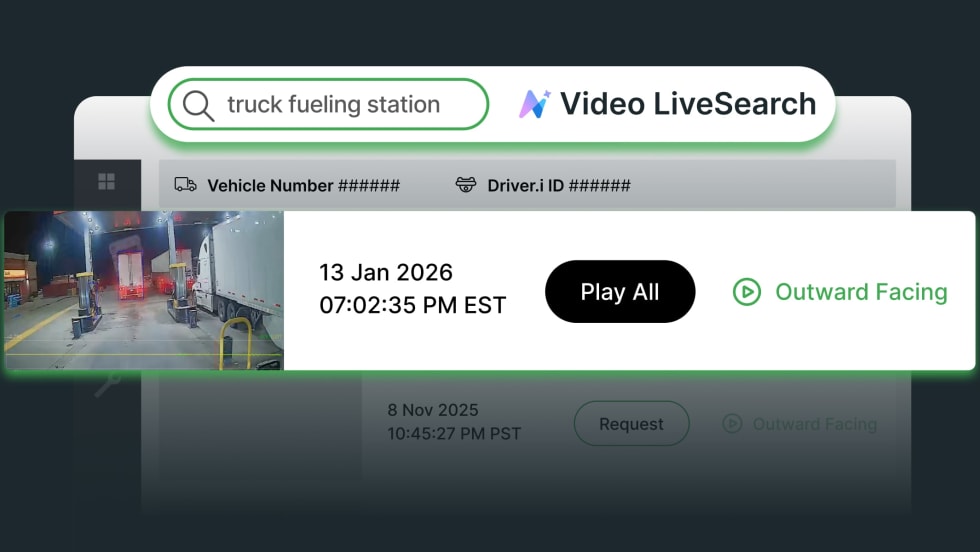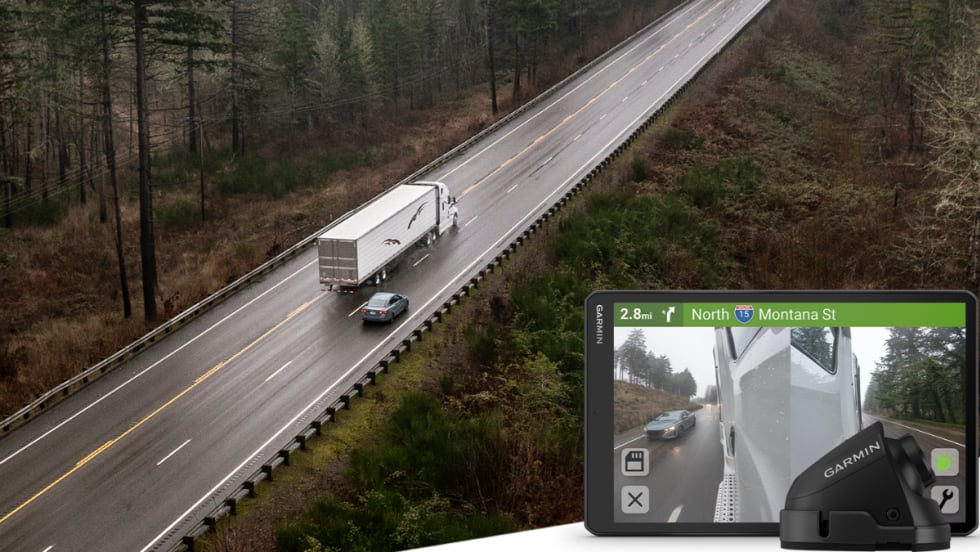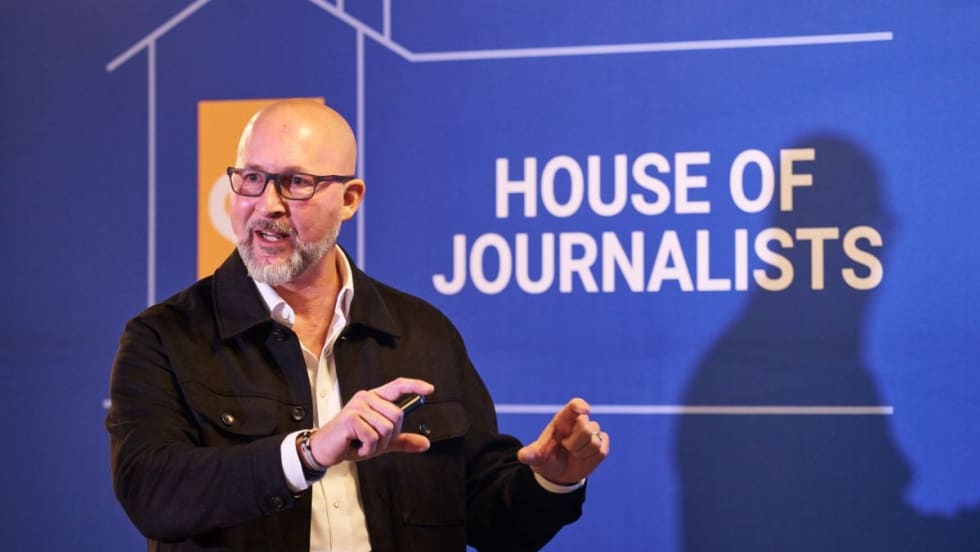Runaway nuclear verdicts are a reality now, but a leading transportation safety law expert believes fleets could avert mega awards by enforcing a strict safety protocol.
by Abdul Latheef, Today's Trucking
July 10, 2020Runaway nuclear verdicts are a reality now, but a leading transportation safety law expert believes fleets could avert mega awards by enforcing a strict safety protocol.
“What used to be a very infrequent event is now becoming almost a regular occurrence, seems like every week or two,” said John Pion, former chairman of the American College of Transportation Attorneys, and principal of the Pennsylvania firm Pion, Nerone, Girman, Winslow & Smith, P.C.
Nuclear verdicts are defined as awards that are out of proportion with the damages suffered, and the trucking industry has borne the brunt of such verdicts over the past decade.
“We are seeing a disproportionate number of nuclear verdicts in the transportation industry,” Pion said, citing examples of verdicts ranging from $58 million for a single fatality in New Mexico to $178 million for three fatalities in California.
“The scarier thing for me was a $21-million verdict in Florida in a case that everyone who looked at it thought, at most, it had an exposure of $750,000 to $900,000.”
He said nuclear verdicts have cost the industry billions of dollars, and “countless” trucking companies have gone out of business.
They have also sent insurance premiums skyrocketing, with many fleets struggling to obtain coverage.
Pion said plaintiff lawyers are trying to inflame the jury and create anger, and then create fear. The motivating mantra is, “You chose profits over safety.”
He said trucking companies’ lack of discipline plays right into the hands of lawyers, who would then argue that this particular company is not concerned with safety, and therefore, should face the full force of the law.
“Routine cases that should be less than $1 million (in exposure) are suddenly going for $10 or $15 or $20 million. Those are the cases that I personally find most alarming.”
Safety Protocol
Pion said there had been multiple efforts to seek reform, and place some kind of cap on awards, but all have failed.
The caps are usually in place for a year or two, and then they are voted unconstitutional and taken down, he said.
“We are not finding any legislators who would take up that cause and try to minimize the exposure.”
So, the only option is taking proactive measures that would ensure high safety standards for drivers.
Pion suggested these measures:
Make sure that you are adhering to all regulations, whether it relates to hiring, training or qualifying your drivers.
Make sure that your system of organizing all records is absolutely perfect.
Make sure that you are doing more than the minimum, with respect to safety.
Make sure you are taking advantage of telematics tools, such as cameras.
Create and implement a catastrophic action plan.
“Probably the most important step is to prepare today for that catastrophic event that might happen tomorrow, or next week, or next month,” Pion said.
“But they have to begin that preparation today.”
Lee described states such as California, Florida, Georgia, New York, New Jersey and certain parts of Illinois as “plaintiff-friendly” jurisdictions where juries have awarded big damages.
ATRI Research
Last week, the American Transportation Research Institute (ATRI) released a study showing how common nuclear verdicts have become.
ATRI said the research was partially based on a newly created trucking litigation database on 600 cases between 2006 and 2019.
“In the first five years of the data, there were 26 cases over $1 million, and in the last five years of the data, there were nearly 300 cases,” it said.
The study also suggested that nuclear verdicts have a “trickle-down effect” on the cost of living for all consumers.
“Presuming that the fleets and insurers continue to operate, they do so by either passing along costs, or squeezing their operating margins,” it said, adding that the latter option can negatively impact driver retention and safety.
“With increased costs being passed on as a price increase for the same service provision, nuclear verdicts ultimately are inflationary to the shippers and consumers,” the study concluded.
Abdul Latheef is Associate Editor of Today's Trucking and www.trucknews.com, where this article originally appeared, and was used with permission from Newcom Media as part of a cooperative editorial agreement.





